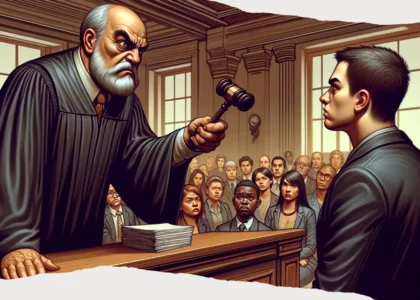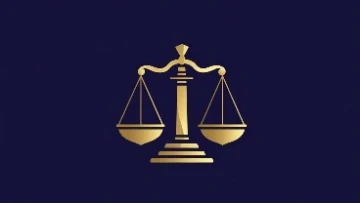I have handled several cases in which the evidence seems lacking, especially at first. Sometimes all that is needed is for the attorney or client or other professional to write a narrative. This can get linked to evidence ‘dumps’, as having tens of thousands of pages of bank statements can be next to worthless otherwise.
Evidence is the backbone of court cases. It’s what helps prove or disprove facts in a legal dispute. In court, evidence is used to support or challenge claims made by either the plaintiff or the defense.
Evidence can be physical things like documents, objects, or digital data, or it can be testimony from witnesses. The main point of evidence is to help the judge or jury figure out what really happened.
For example, if someone’s accused of theft, evidence like security footage, witness statements, or physical evidence found at the scene can be important in determining guilt or innocence.
In a civil case, evidence shows negligence or contract breach, among other things. For example, it can show that contract terms were not complied with. Or in a tort case it can show a party was defrauded. In a personal injury case it shows damages were sustained.
My cases
One case I handled has almost no usable evidence so far, after many months. The case originated in the plaintiff’s mind, and I’m still not sure whether anything nefarious has occurred. The plaintiff has no lawyer and has other similar cases-overall not a good sign for them.
Another case I have was reported to the police as a fraud scheme. Apparently the officer had experience as a former contractor and understood it enough to document it. However I don’t believe anything further happened on the criminal end. I asked the client to thoroughly document/graph out how the fraud occurred as it was a new case to me. They said it might be more clear after the police close their investigation. So far I have not received anything useful.
Yet another new case has tons of information in the form of bank statements etc. but there is no clarity in how the fraud was perpetrated. I told the plaintiff that-at a minimum-they would need to provide a narrative. Then someone needs to connect the assertions with the evidence.
Finally, one is a case of a spouse having taken funds prior to death. Now the widow is left trying to explain to a court or me, as a forensic expert, how to prove an elaborate scheme. However, they are having difficulty getting all of the bank statements/evidence. The case cannot move forward without proof/evidence that is organized/presented in a logical format, without too many holes.
Courts need frauds and complex matters to be thoroughly explained to them. Without all of the dots being connected these type of cases will never move forward.
www.hpaccounting.com



